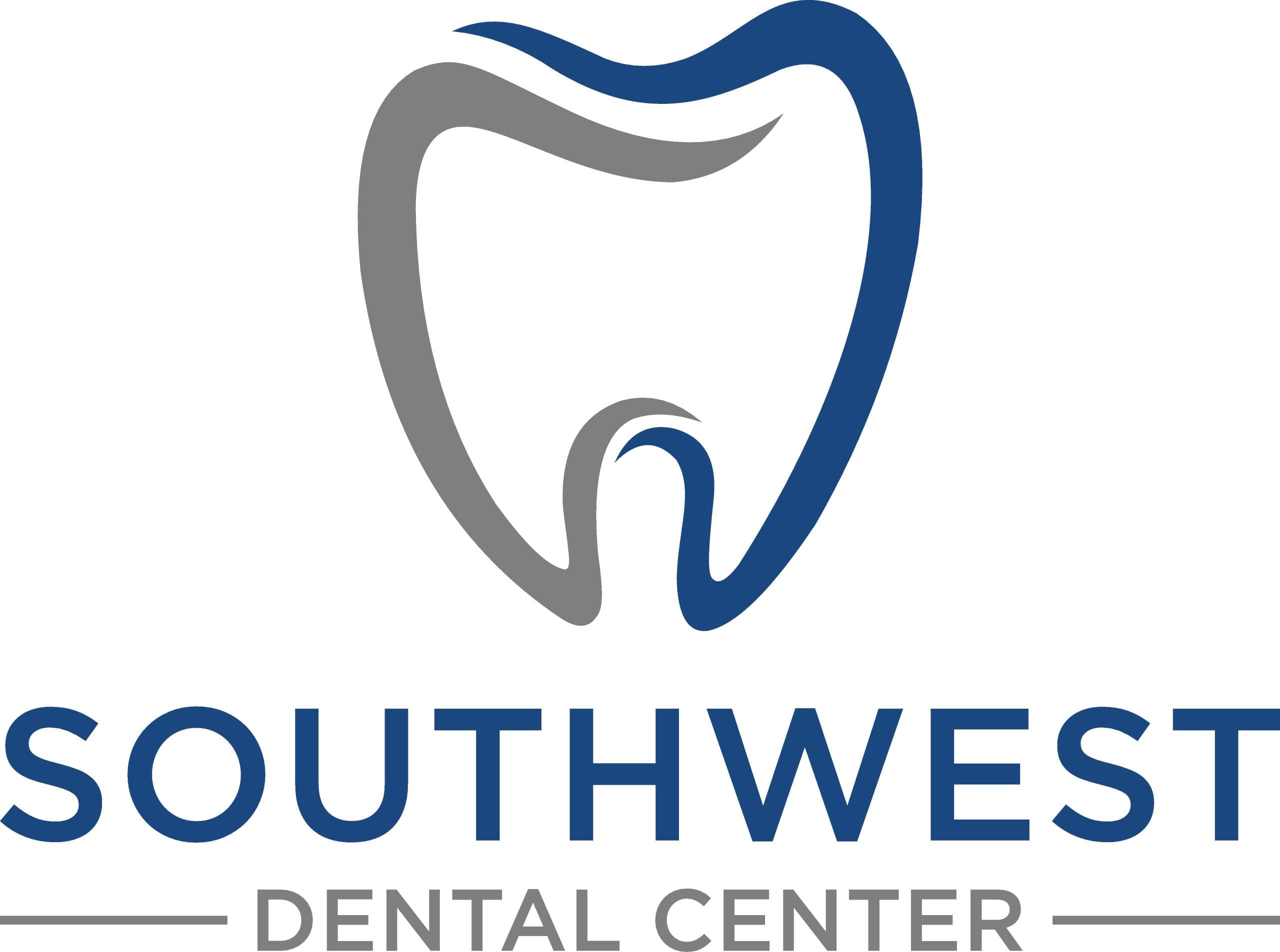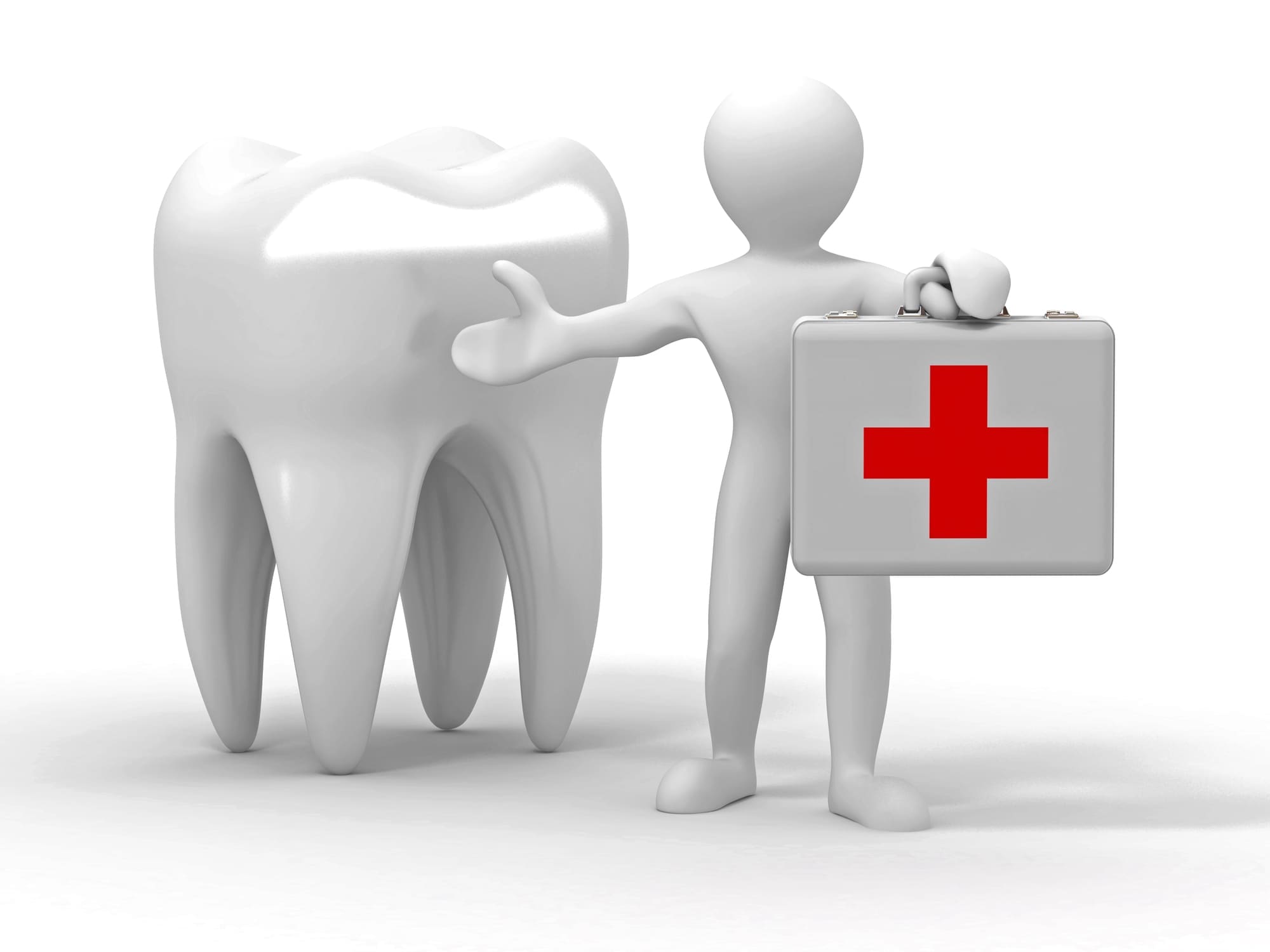What is a dental emergency, and how can we understand its scope and implications? A dental emergency definition encompasses any oral health issue that requires immediate attention to alleviate severe pain, stop bleeding, or save a tooth. These emergencies can range from a knocked-out tooth to a severe infection, necessitating prompt intervention to prevent further complications or permanent damage.
Dental Emergency Definition
Understanding the signs of a dental emergency can help you react swiftly and appropriately when the situation arises. A dental emergency typically involves severe pain, bleeding, or trauma, which requires immediate attention to prevent further complications or permanent damage. Common indicators include unmanageable toothache, knocked-out teeth, loose teeth with no apparent cause, swelling in the mouth or facial area, and significant bleeding. These symptoms not only cause discomfort but can also be signs of serious underlying issues that necessitate urgent care from a dental professional.
Recognizing when to seek help is crucial in managing dental health effectively. If you experience any of these symptoms, it’s important to consult a dentist immediately to prevent the situation from worsening. For more detailed information on what constitutes a dental crisis, visit our detailed guide on What Is Considered A Dental Emergency? This resource can help you understand the necessary steps to take in case of a dental emergency and how to potentially save a tooth or alleviate severe pain before reaching professional help.
Dental Emergency Definition
Understanding common dental emergency scenarios is crucial for recognizing when urgent care is needed. A dental emergency can include situations such as severe toothache, knocked-out teeth, or a broken jaw. These instances require immediate attention to prevent further complications or permanent damage. Other scenarios might involve lost fillings, abscesses, or severe infections that cause significant pain or swelling. Recognizing these signs is essential for timely intervention.
In cases where immediate professional help is needed, seeking services from qualified professionals is crucial. If you are experiencing any of these symptoms and are in need of urgent dental care, consider visiting a facility that offers Emergency Dental Services in Fort Wayne. This ensures that you receive the appropriate care to address your dental emergency effectively.
Impact of Ignoring Dental Emergencies
Ignoring dental emergencies can lead to a range of complications that affect not only oral health but overall well-being. When dental issues such as severe pain, swelling, or bleeding are overlooked, they may worsen, potentially resulting in more severe health conditions. Delaying treatment for dental emergencies can increase the risk of permanent damage, which might necessitate more complex and extensive treatment later on. It is crucial to recognize the seriousness of dental emergencies and understand their potential impact on long-term health.
Dental Emergencies in Children
Dental emergencies in children can range from a knocked-out tooth to severe toothaches, often causing anxiety for both the child and the parents. Understanding the dental emergency definition is crucial in recognizing the seriousness of an incident and knowing when to seek immediate care. Injuries to the teeth and gums can occur during play, sports, or from accidents, and prompt attention is necessary to address these issues effectively. While each situation may vary, the common goal is to alleviate pain and prevent further complications. For families in the Fort Wayne area, Southwest Dental Center Family & Cosmetic Dentistry provides care tailored to meet the unique needs of children experiencing dental emergencies.
How to Identify Tooth Abscesses
In understanding the dental emergency definition, it’s crucial to recognize the signs of a tooth abscess, a common yet severe condition. A tooth abscess is typically characterized by severe, persistent toothache, sensitivity to hot and cold temperatures, fever, swollen lymph nodes in your neck, a sudden rush of foul-tasting fluid in your mouth, and difficulty breathing or swallowing. These symptoms suggest an infection that could spread, making timely treatment essential. Identifying these signs early can be pivotal in preventing more serious complications associated with dental emergencies.
Cracked Teeth: Severity Levels
When discussing a dental emergency definition, it’s crucial to understand the severity levels of cracked teeth, as they play a significant role in determining the urgency of care needed. Cracked teeth can range from minor craze lines, which are superficial and often require no immediate treatment, to severe fractures that extend down to the root and possibly into the gum line, necessitating urgent intervention. Identifying the severity of a crack is essential in a dental emergency, as it helps dictate whether you need immediate dental care to prevent further damage or loss of the tooth. Prompt treatment is crucial to alleviate pain and restore dental health.
Gum Injuries: What to Know
When it comes to understanding a dental emergency, identifying a tooth abscess is crucial. A tooth abscess is a severe infection at the root of a tooth or between the gum and a tooth. It is primarily caused by severe tooth decay, gum diseases, or trauma to the tooth, such as chipping or breaking. Indicators of an abscess include throbbing pain, swelling in the face, sensitivity to hot and cold, and a fever. Recognizing these symptoms early plays a vital role in the dental emergency definition, as timely treatment is critical to prevent the spread of infection and more serious health complications. If you suspect an abscess, consult a dentist immediately to avoid further complications.
Lost Fillings or Crowns
When a filling or crown falls out, it can not only be painful but also expose your tooth to potential damage or decay. This situation often qualifies under the dental emergency definition because it requires prompt attention to prevent further complications. If you experience a lost filling or crown, it’s crucial to contact your dentist immediately. They can provide a temporary solution to protect the tooth and schedule a more permanent repair. Ignoring this issue can lead to more severe problems, including infection or the need for more extensive dental work.
Dental Trauma During Sports Activities
Participating in sports can often lead to unexpected injuries, and the mouth is no exception. Dental trauma during sports activities is a common cause for urgent dental visits and fits well within the dental emergency definition. Whether it’s a knocked-out tooth, a broken jaw, or a severe laceration to the gums, these incidents require immediate attention to prevent long-term damage and ensure proper healing. Wearing protective gear such as mouthguards can significantly reduce the risk of dental injuries while engaging in sports, highlighting the importance of preparedness in preventing dental emergencies.
Conclusion
For a clear Dental Emergency Definition, call us at 260-444-5728 or read our reviews on Google Maps.

